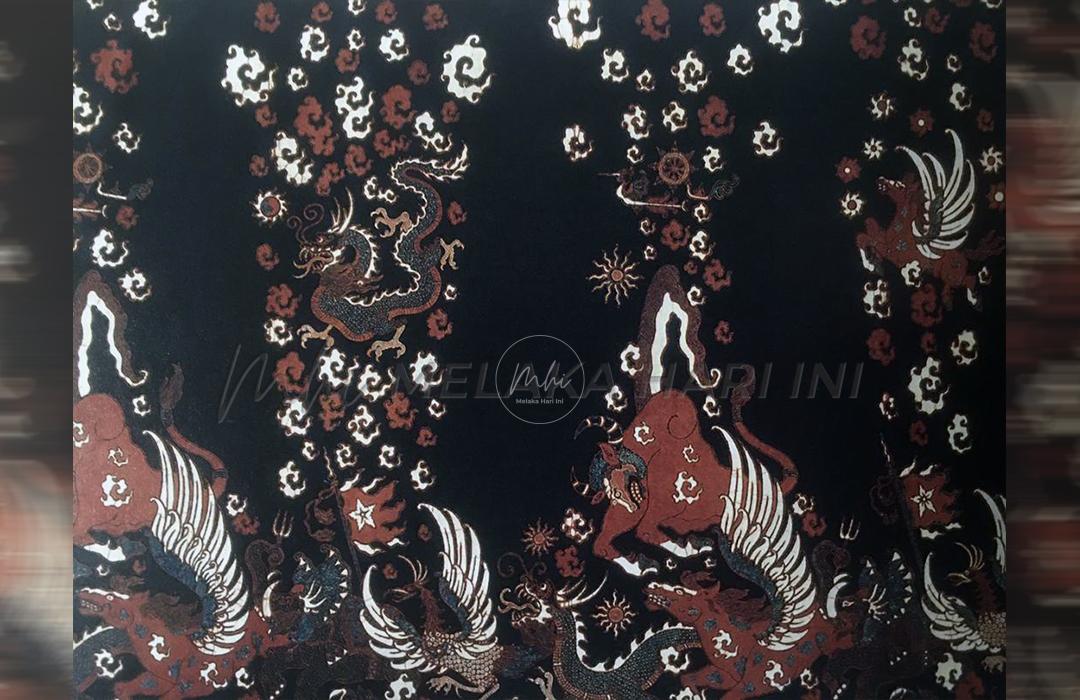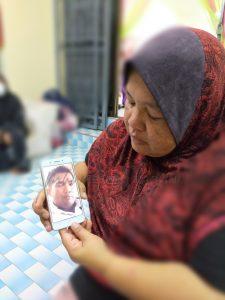
Bandung: The Voice of Afro-Asian Political Decolonialization
ON 18 April 1955, President Sukarno declared in his opening address to the Asian-African Conference in Bandung, “This is the first intercontinental conference of coloured peoples in the history of mankind.” It was held to eliminate colonialism, and to promote Afro-Asian solidarity.
Not many would remember that Indonesia had a prime minister then. The man behind the conference was Ali Sastroamidjojo. Ali who was prime minister in 1953-5 and 1956-7, conceived the idea of a conference of leaders of the newly independent Asian and African nations while he was Indonesia’s ambassador to the UN and in Washington in 1950-3.
In the 1920s in Netherlands, he established the first nationalist organization there, the Perhimpoenan Peladjar Indonesia (PPI), the Indonesia Students Association. He also had contacts with the League Against Imperialism. Ali returned to Java in 1928. By 1945 he was among the leadership in the Partai Nasional Indonesia, with Sukarno.
In 2018, I visited the Museum Konferensi Asia-Afrika, located at No. 65, Jalan Asia-Afrika in Bandung. The first thing I encountered was a curatorial lecture at the foyer. I saw a group of high schools students, and joined them to listen. It turned out to be a splendid history lesson on the decolonization movement, and the spirit of self-determination of a new postcolonial nation that is Indonesia.
I subsequently toured the gallery. The displays captured the moment in 1955, to be exact the period between 18 to 24 April of that year. Posters, publications and press coverage of the event evoked the mood during that period. It was said to be an important event in the history of Indonesia’s foreign policy. The year 1955 was 10 years after Indonesia announced her independence.
The Bandung Conference was the voice of Asia. It marked “the political emergence in world affairs of over half of the world’s population,” said prime minister Nehru of India. It was an awakening which can be traced much earlier.
Jamie Mackie, who was the foundation professor in the department of Political Science and Social Change in the Research School of Pacific and Asian Studies at the Australian National University from 1978 to 1989 observed that in over the course of a century, there were many awakenings. What is important is that Bandung signified in 1955 that Asia had awakened and demanding their voices to be heard.
In his book, Bandung 1955: Non-Alignment and Afro-Asian Solidarity (2005), he cited that Pan-Asianism and Pan-Africanism, as well as the global solidarity of colonised peoples had been overshadowed by other events and topics. These included the Cold War with its height in 1954-5, the Korean War, the Taiwan Straits Crisis and the Vietnam armed struggle for independence. These were all sources of tension and anxiety, along with nuclear testing in the Pacific.
A total of 29 nations were represented in Bandung. There was a strong spirit of nationalism, coming from such countries as Eqypt, Ghana and India. What was the influence of the Bandung Conference on the subsequent course of world events? Mackie had argued that Bandung had contributed greatly to the climate of world opinion. Bandung can be seen today as a fleeting moment of convergence of various trends in the postcolonial history of the world.
That moment soon gave away to divergence – wars and disputes among participating nations, as the world order becomes more fissured and multipolar. But its origins of postcolonial aspirations toward Asian and African unity and solidarity are still worth pondering this century. Sukarno’s call to build the world anew is no rhetoric. It is perpetual under present global conditions. Neo-colonialism and imperialism are far from retreating to their own backyard.
In his opening address on Monday morning on 18 April, Sukarno set the tone of what was expected of him. He reminded of the chasm between nations and groups of nations. And he asked how was it possible for “us to be disinterested in colonialism.?”
“…colonialism is not something far and distant. We have not it in all its ruthlessness…But we should not think of it as something that is dead, not only in the classic form as we all know…Colonialism also has its modern dress, in the form of economic control, intellectual control, actual physical control by a small but determined minority with a nation. It is a skillful and determined enemy. Colonialism is an evil thing, and one that must be eradicated from this earth.”
Sukarno understood what colonialism is. He left the spirit that prevailed throughout much of Asia and Africa. But not long after, his call for unity in a common detestation of colonialism found its expression in Konfrontasi some eight years after. Indonesia had used their armed forces against the new nation state of Malaysia. To Sukarno, it was a confrontation against colonialism.
Nevertheless, Bandung symbolizes the counter-hegemony of the Vasco da Gama epoch. It inspired great visions and new ideas for the future. It was a landmark of consensus politics. If not at least it produced a piece of batik dedicated to Asian-African solidarity and the struggles of the “New Emerging Forces” by incorporating an Indonesian banteng (wild bull), a Chinese dragon, a Middle-Eastern winged horse, and Afro-Asian elephant.
According to Mackie, that piece of hand-drawn batik, on cotton, using natural dyes, measuring 105 by 250 cm is embodied at the National Gallery of Australia Collection in Canberra.
Langgani saluran Telegram kami untuk dapatkan berita-berita yang terkini.


